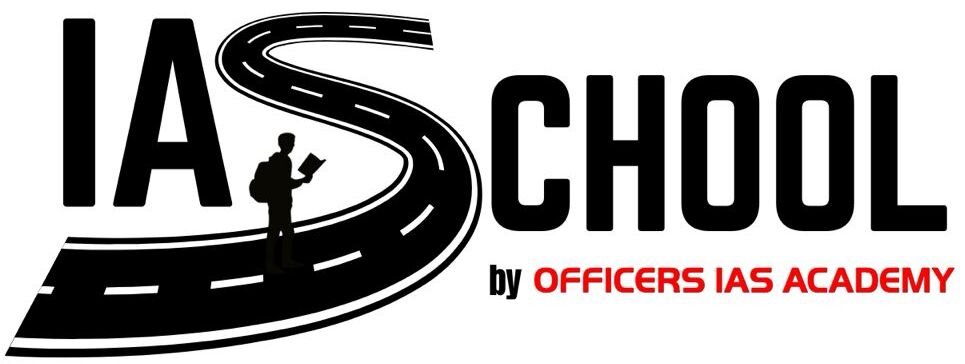About the Program - The Right Start for a Bigger Dream
Are you in school and curious about how the country really works and dreams of becoming an IAS, IPS, or IFS officer ?!
Then IASchool is the right start to achieve your dreams.
At Officers IAS Academy, we’ve spent over a decade guiding graduates to crack the prestigious UPSC Civil Services Exam. But along the way, we’ve noticed something that could change how young minds prepare for this journey. By the time most aspirants begin their UPSC preparation in college, they often feel overwhelmed.
Why?
Because the subjects that form the backbone of the exam like History, Polity, Economics, Environment, and Ethics, were either long forgotten or never truly understood in the first place. Let’s be honest. These subjects were rarely taught the way they should have been.. They were not taught as living ideas, but as just dry textbook facts. That’s where IASchool steps in.
We’re here to change that. To make these topics engaging, relevant, and deeply connected to real life. Through interactive sessions, discussions, real-world case studies, and real-life experiences from civil servants themselves, students begin to see these subjects not as syllabus items, but as tools for understanding society and shaping it. This isn’t just about the Civil Services examination. It’s about nurturing future-ready, socially aware leaders.
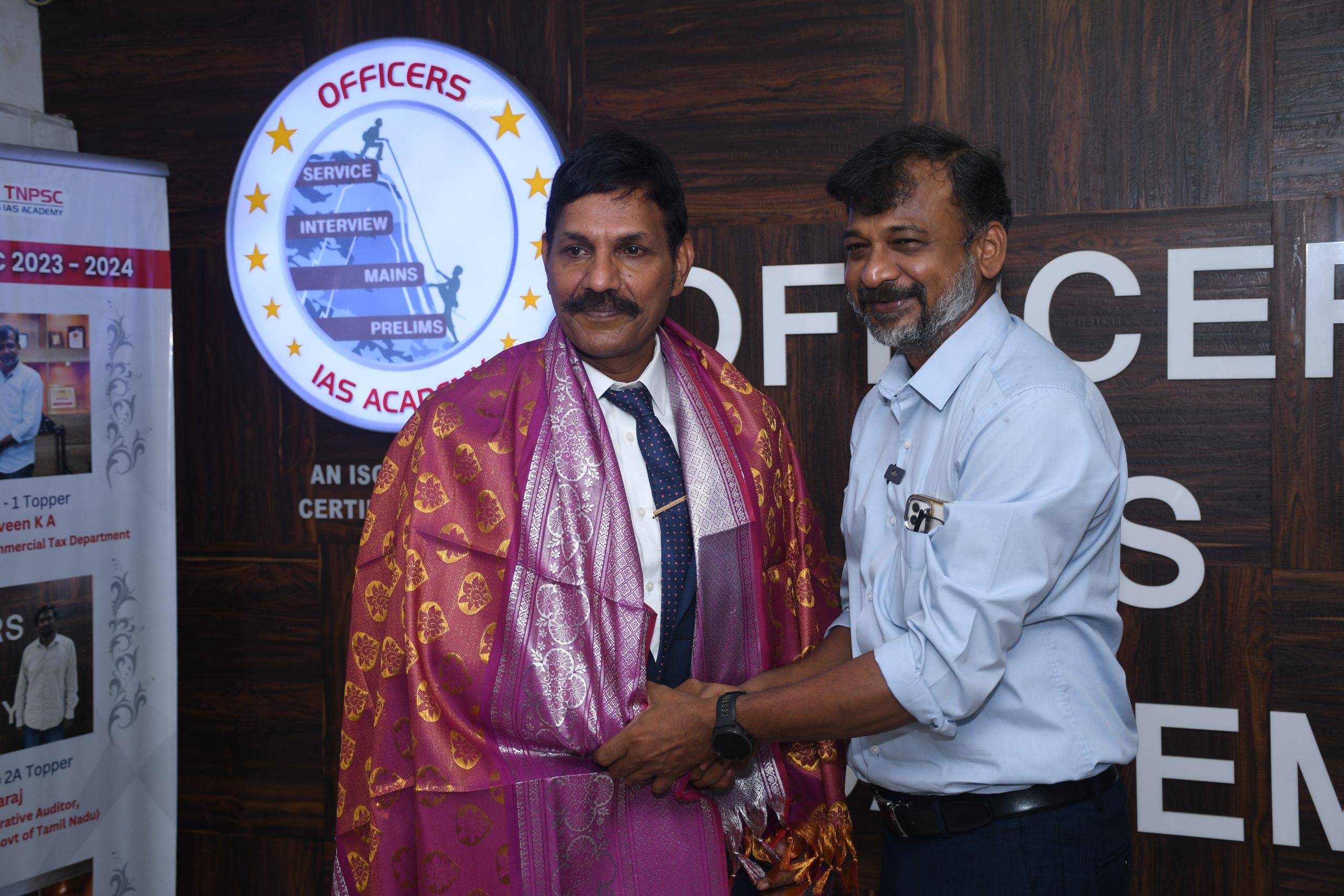
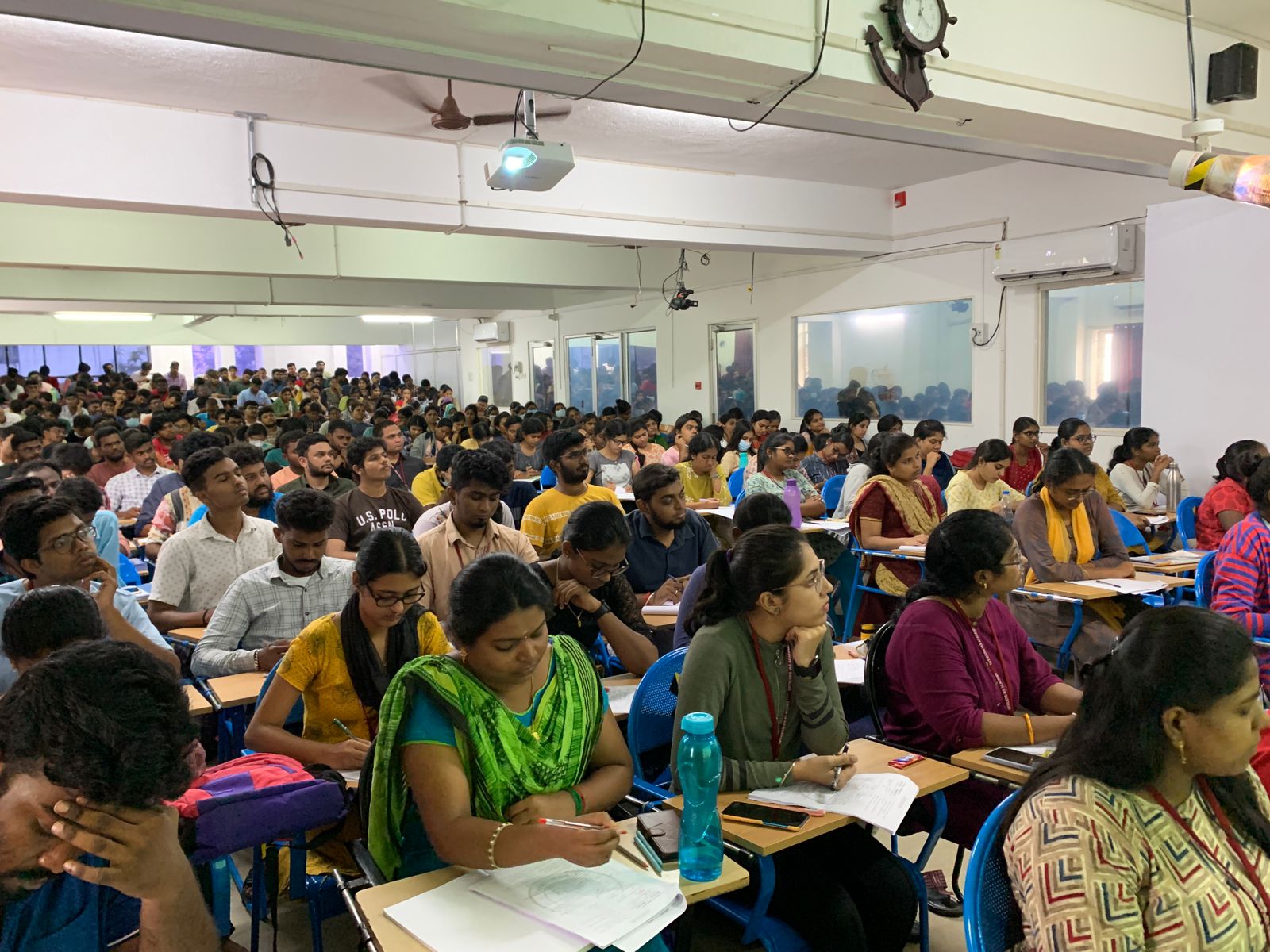
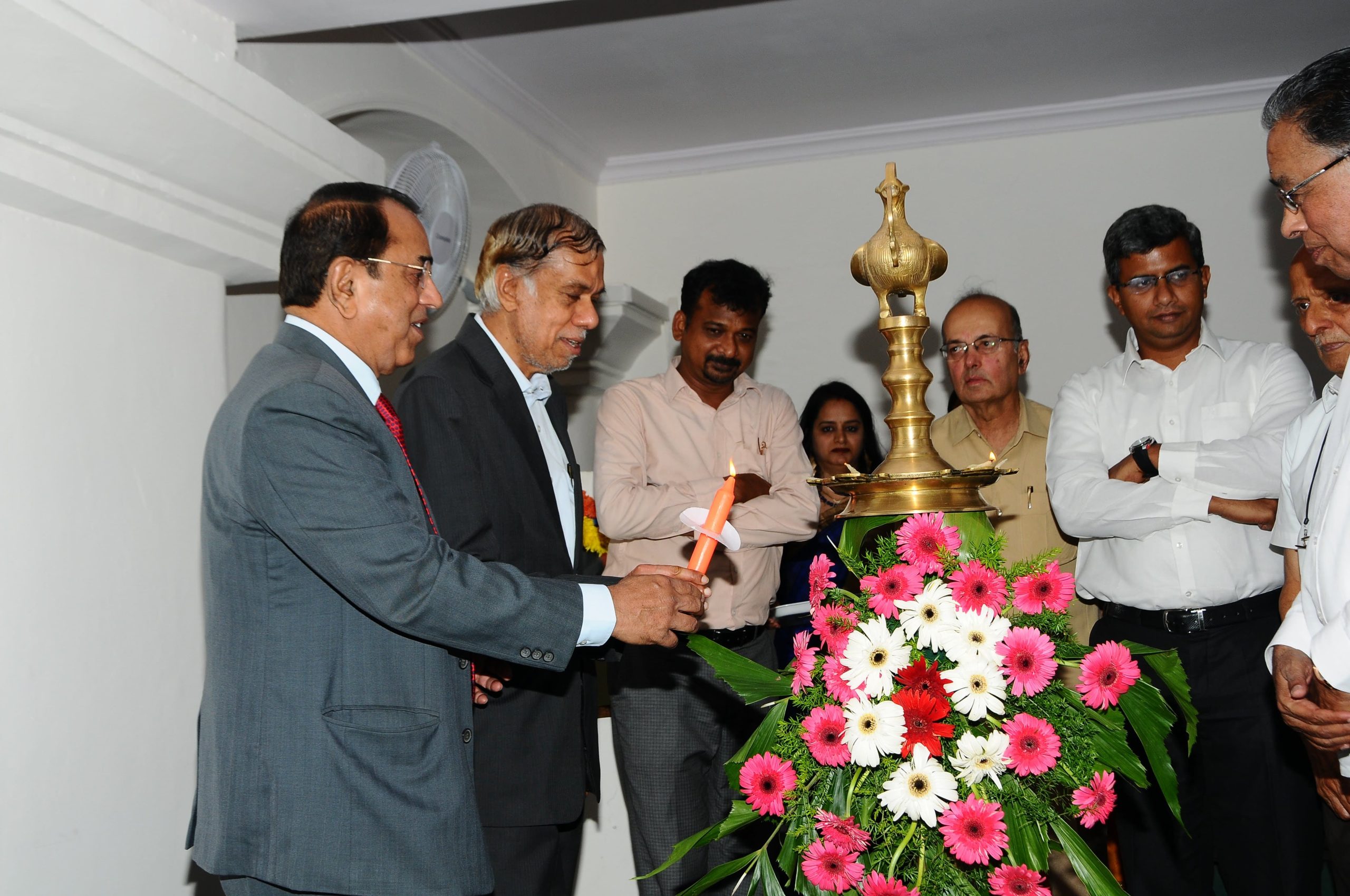
What Makes This Program Special?
Learning That Goes Beyond the Textbook
Fostering Creative and Independent Thinking
Helping students Discover Their Path
Inspiring Interactions with IAS and IPS Officers
Making Learning Fun and Engaging
A Course Plan That Puts Students First
Building Personality and Confidence
Learning with Like-Minded Peers
Bringing the World into the Classroom
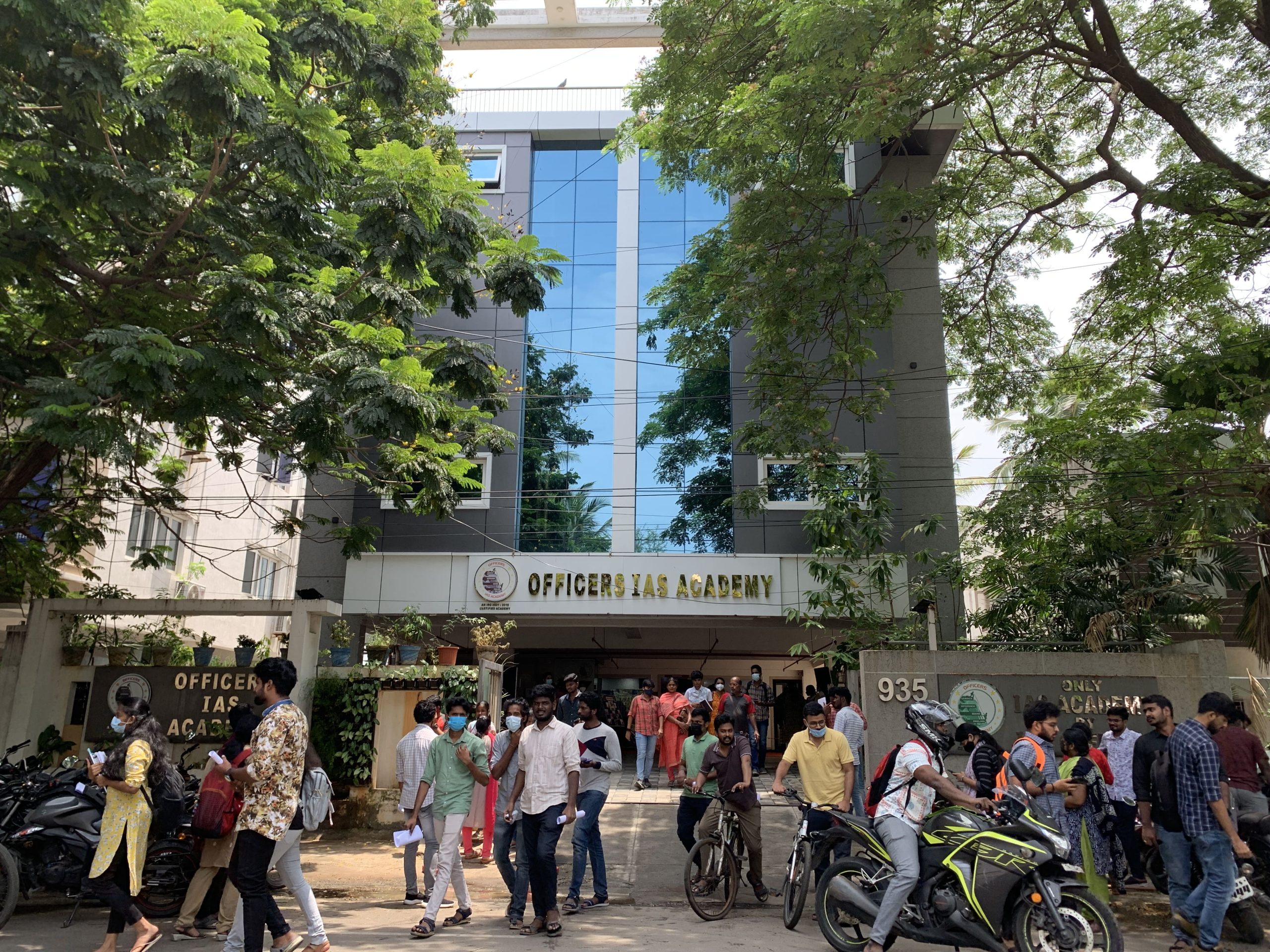
About Officers IAS Academy
Officers IAS Academy is the only IAS Academy founded by a team of former civil servants. These accomplished former bureaucrats joined together to guide and inspire the next generation of civil servants. Officers IAS Academy prides itself on having a team of officers to help its students achieve what they themselves have.
The enduring purpose of Officers IAS Academy is to create civil servants who have the knowledge needed to make the right call and the integrity and compassion to follow through. We develop people who stand as impartial, just, and profoundly empathetic Officers.
Vision :
To inspire and create a generation of socially conscious, intellectually curious, and ethically grounded young citizens who aspire to lead, serve, and transform India.
Mission :
IASchool prepares young students for future roles in the Civil Services by combining academic rigor, leadership skills, and values-based learning. Through engaging methods and a supportive peer environment, we nurture socially aware, confident, and service-minded individuals
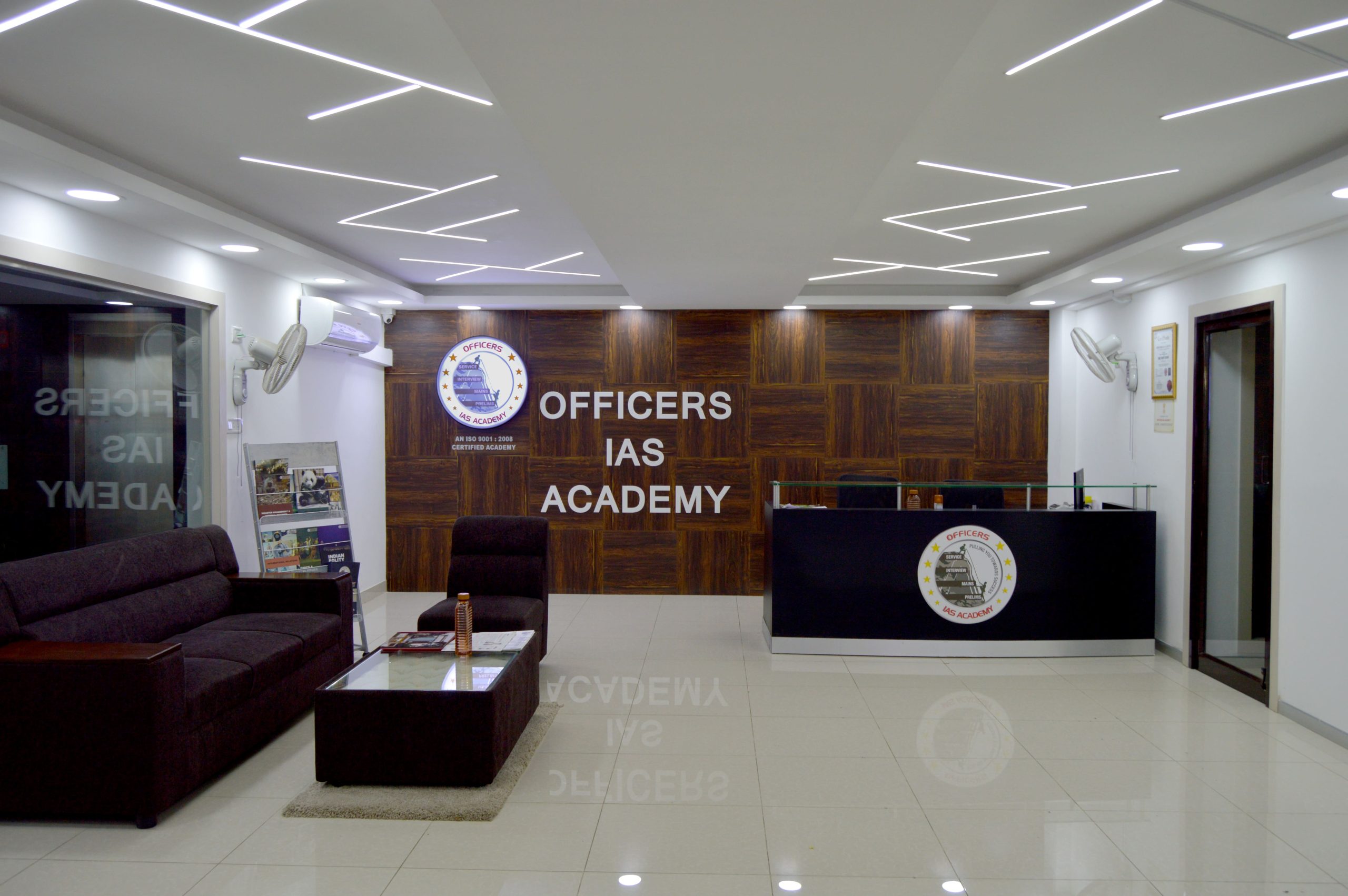
Our Curriculum
The IASchool journey is structured in two progressive stages – Explore and Excel , designed for students from Grades 9 and 12. This carefully planned path helps them build clarity, awareness, and a strong foundation for future leadership, both within and beyond the Civil Services.
Explore
- State, Government and People
Explore how India is governed — from the evolution of the state to the Constitution, rights and duties, local bodies, district administration, and the police system. Understand how public institutions function and how citizens engage with them. - Story of Money and Wealth
A practical introduction to economics covering the origin of money, inflation, banking, digital payments, trade, and investments. Grasp economic models, the role of the RBI, and how financial systems impact everyday life. - Society – The Grand Family
Examine India’s diverse social structure comprising caste, class, gender, religion, and regional identities. Understand inequality, social change, vulnerable communities, and the role of democracy, education, and law in shaping society. - Environment – A Borrowing from the Future
Learn about global warming, pollution, renewable energy, and international climate agreements like the Paris Agreement and Montreal Protocol. Connect global environmental challenges with local realities to promote sustainable thinking. - Present – A Continuity of the Past I
Explore history as a bridge to the present — from early civilisations to empires like the Mauryas and Cholas. Discover how the past is reconstructed and how India’s ancient connections shaped its cultural identity and influence.
Excel
- Power, Politics and People
Explore the foundations and functioning of democracy through federalism, separation of powers, law-making, and political ideologies. Real-world laws like the Right to Information, Right to Education, and National Education Policy illustrate governance in action. - Story of Money and Wealth
Understand India’s economy through concepts such as GDP, budgeting, taxation, UPI, trade, agriculture, and banking. Social indicators like education, health, and gender highlight the importance of inclusive growth. - Earth and Us
Examine Earth systems, climate change, energy use, and sustainability. Issues like natural disasters, environmental degradation, and India’s climate action are studied with strong local and global relevance. - Present – A Continuity of the Past (II)
Trace India’s journey from the Delhi Sultanate to independence and beyond. Events such as colonialism, world wars, Gandhi’s movements, and national integration help connect the past with today’s realities. - Right vs Wrong
Engage with real-life dilemmas involving justice, honesty, responsibility, and public service. Apply ethical frameworks to navigate personal decisions and leadership challenges. - Politics of the World
Discover global politics, diplomacy, and India’s foreign policy. Topics include conflicts, alliances, international organisations, nuclear challenges, and the global forces that influence national interest. - SAFE India – Defence and Disaster
Learn how India addresses security, disaster preparedness, and resilience. Explore border defence, internal threats, cyber security, and the systems designed to safeguard citizens and uphold stability.
